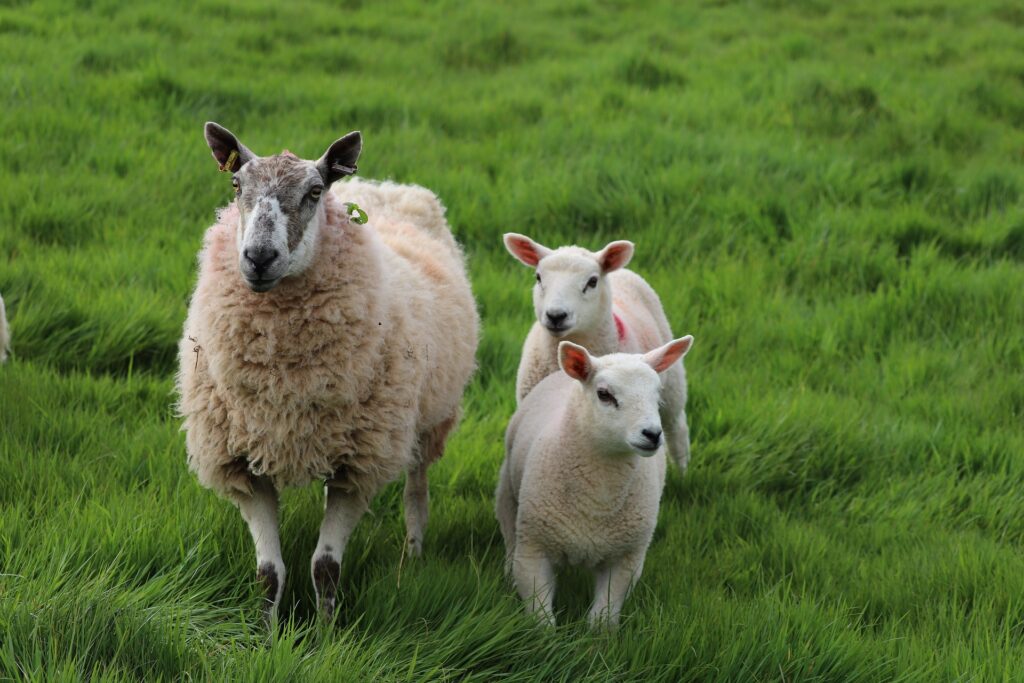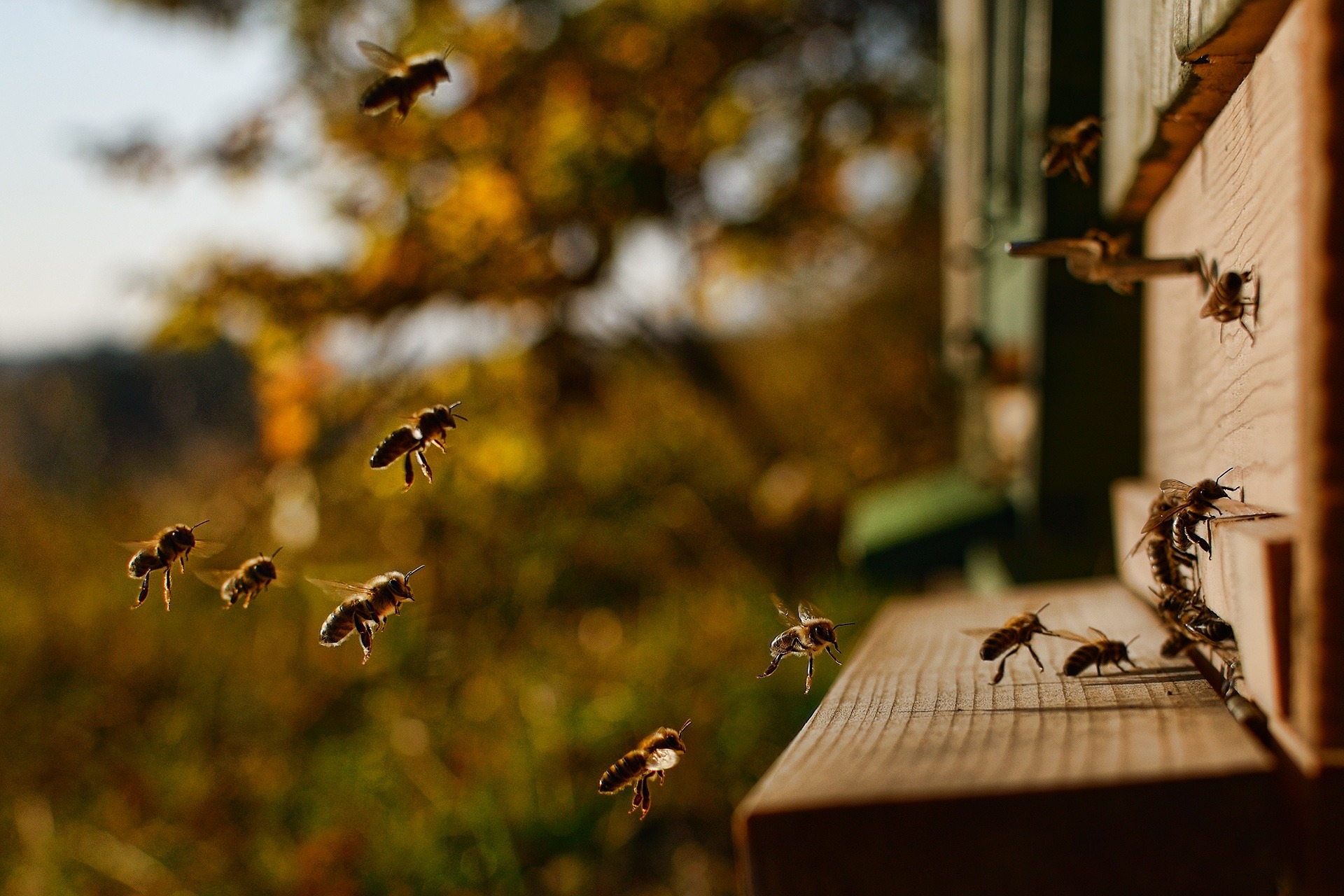For aspiring farmers and homesteaders looking to generate income from their land, choosing the right livestock can make all the difference. While profitability can vary based on factors such as location, market demand, and management practices, certain types of livestock have proven to be more lucrative than others. In this article, we’ll explore some of the most profitable livestock to raise, highlighting their potential for generating income and providing valuable insights for those considering livestock farming as a business venture.
Goats
Goats are renowned for their versatility and profitability, making them an excellent choice for small-scale farmers and homesteaders. Here’s why goats are considered one of the most profitable livestock options:
- Milk Production: Dairy goats, such as Nubians, Saanens, and Alpines, can produce high-quality milk that can be sold fresh, used to make cheese, yogurt, and other dairy products, or processed into value-added products like soap and lotion.
- Meat Production: Meat goats, such as Boer and Kiko breeds, are prized for their fast growth rates, efficient conversion of feed to meat, and flavorful, lean meat that commands premium prices in the market.
- Brush Control: Goats are natural browsers and excel at clearing brush and unwanted vegetation, making them valuable for land management and fire prevention.

Chickens
Chickens are a staple of small-scale farming and backyard homesteading, offering multiple avenues for profitability:
- Egg Production: Layer hens can produce a steady supply of fresh eggs that can be sold directly to consumers, restaurants, or markets, providing a reliable source of income year-round.
- Meat Production: Broiler chickens raised for meat offer a quick turnaround time, with birds ready for processing in as little as 8-12 weeks. Selling pastured or organically-raised chicken meat can yield high profits, especially in niche markets.
- Fertilizer and Pest Control: Chickens provide valuable services beyond meat and eggs, including natural fertilizer for gardens and pest control by consuming insects, weeds, and kitchen scraps.
Honey Bees
Beekeeping has gained popularity in recent years due to the growing demand for honey, beeswax, and pollination services. Here’s why beekeeping can be a profitable venture:
- Honey Production: Harvesting and selling honey is the primary source of income for beekeepers, with prices varying based on factors such as honey variety, quality, and local market demand.
- Beeswax Products: Beeswax can be processed into candles, cosmetics, balms, and other value-added products that command premium prices in specialty markets.
- Pollination Services: Commercial beekeepers can generate additional income by renting out their hives to farmers for pollination services, particularly for crops such as almonds, apples, and blueberries.
Cattle
While raising cattle requires significant investment in land, infrastructure, and resources, it can also yield substantial profits for those willing to make the commitment:
- Beef Production: Cattle raised for meat can provide a steady stream of income through the sale of beef cattle at auction, direct marketing to consumers, or value-added products such as grass-fed beef and artisanal cuts.
- Dairy Production: Dairy cattle, such as Holsteins and Jerseys, can produce large quantities of milk that can be sold to dairy processors or used to make cheese, butter, and other dairy products.
While profitability in livestock farming depends on various factors such as market demand, management practices, and input costs, certain types of livestock have proven to be more lucrative than others. Whether you’re interested in raising goats for milk, chickens for eggs, honeybees for honey, or cattle for meat, careful planning, and management can help maximize profits and ensure a successful livestock operation. So, weigh your options, assess your resources, and embark on the journey of raising profitable livestock that aligns with your goals and aspirations.




